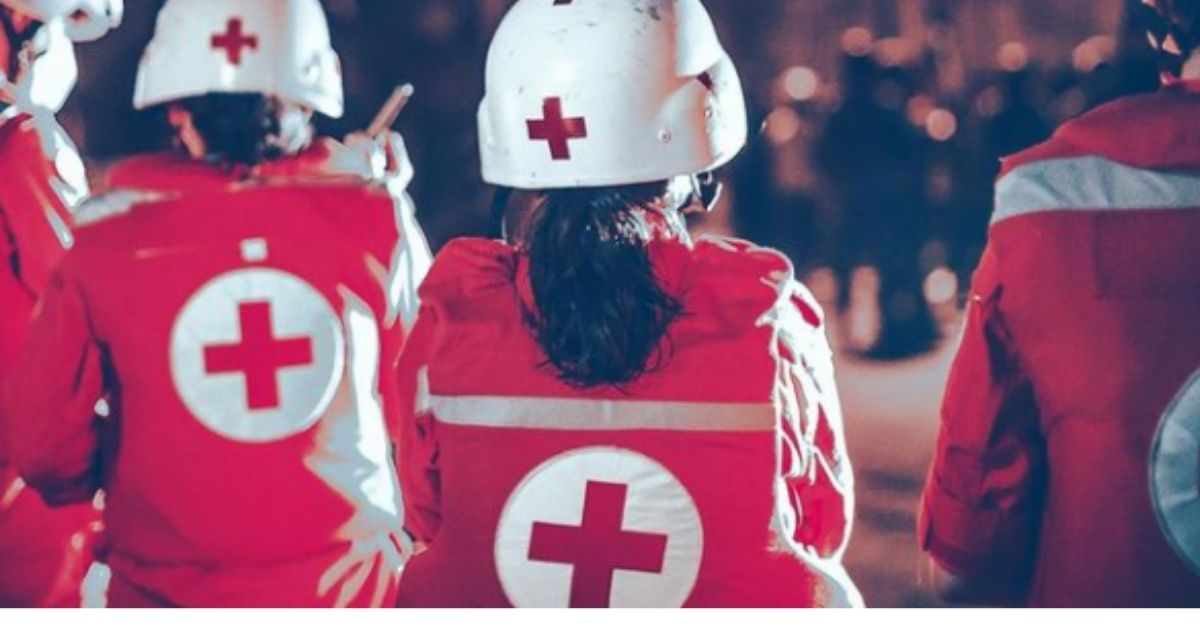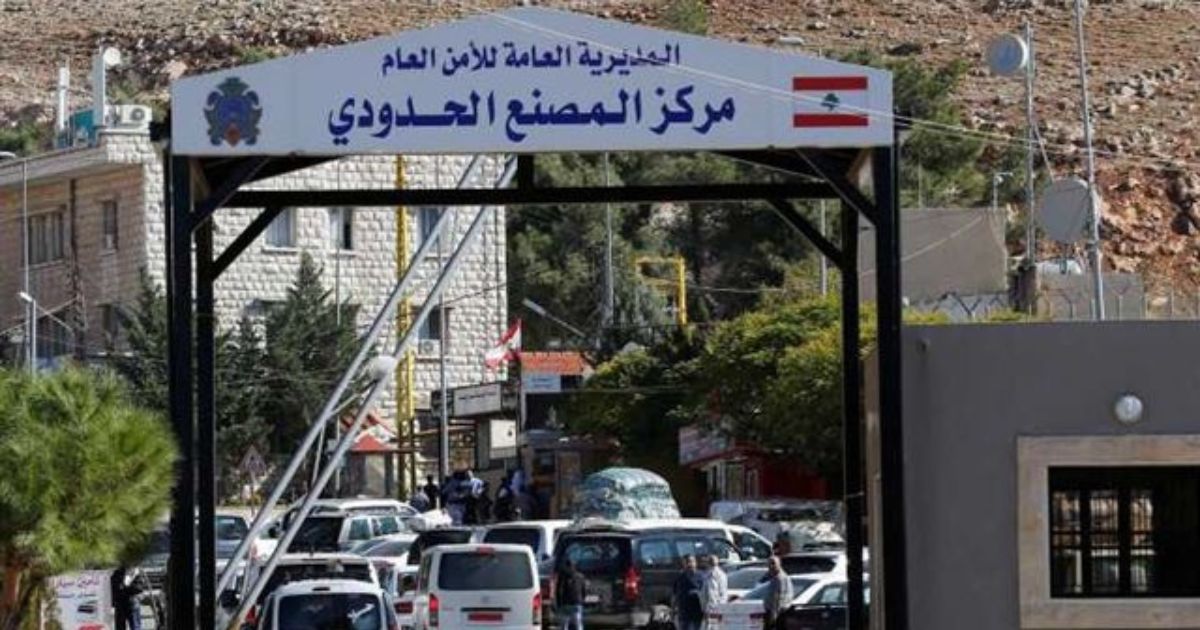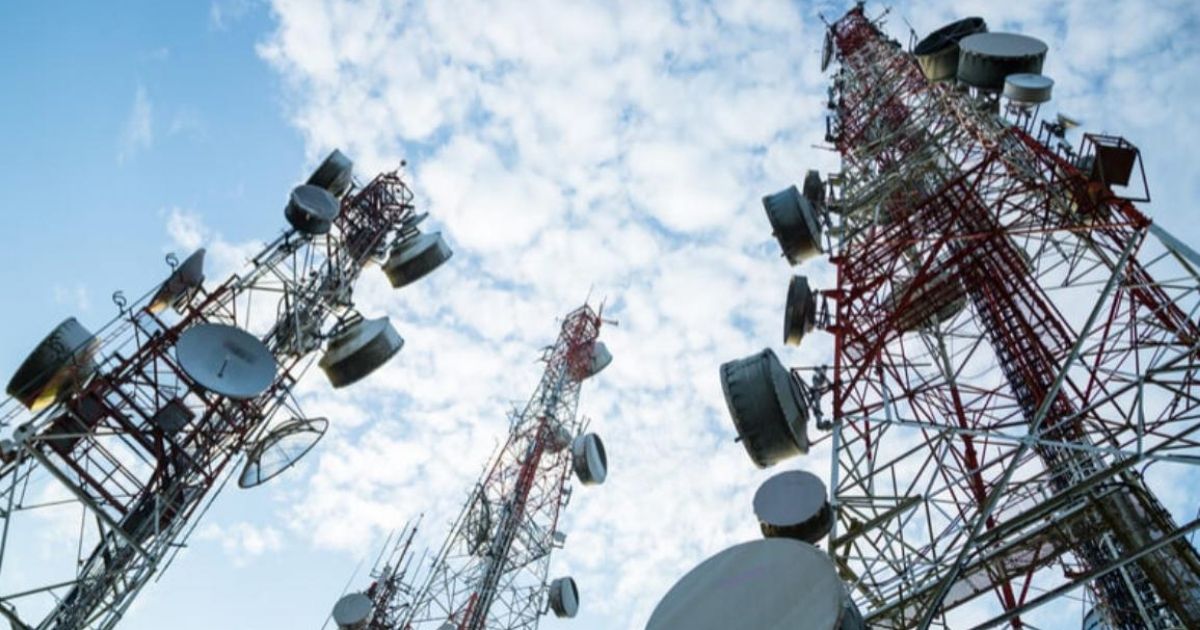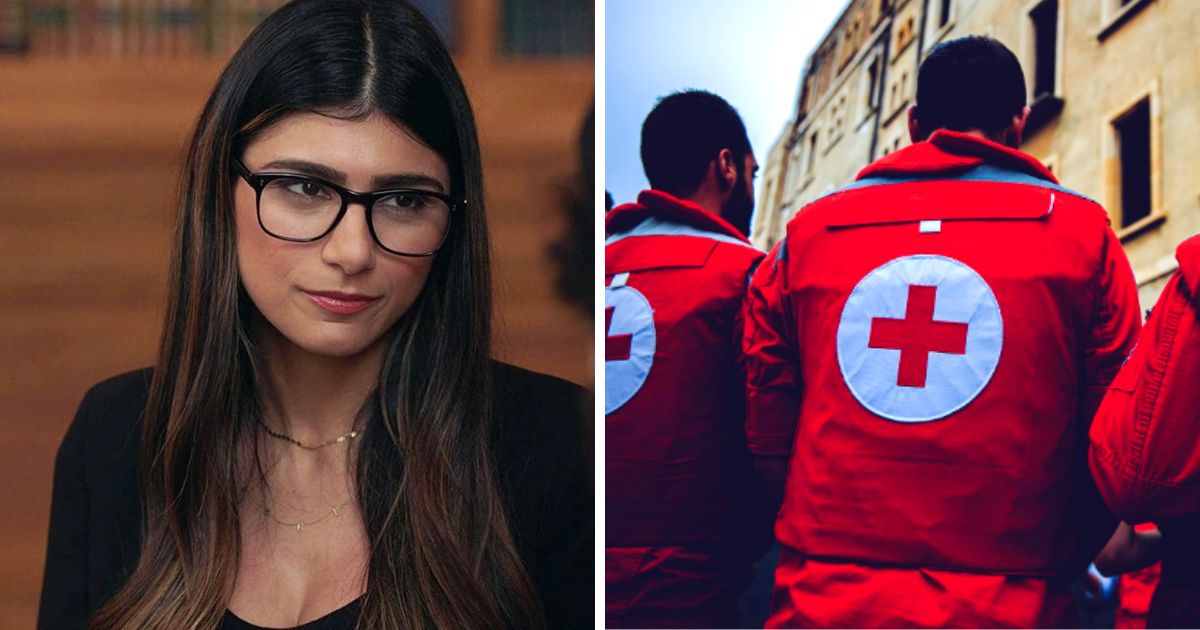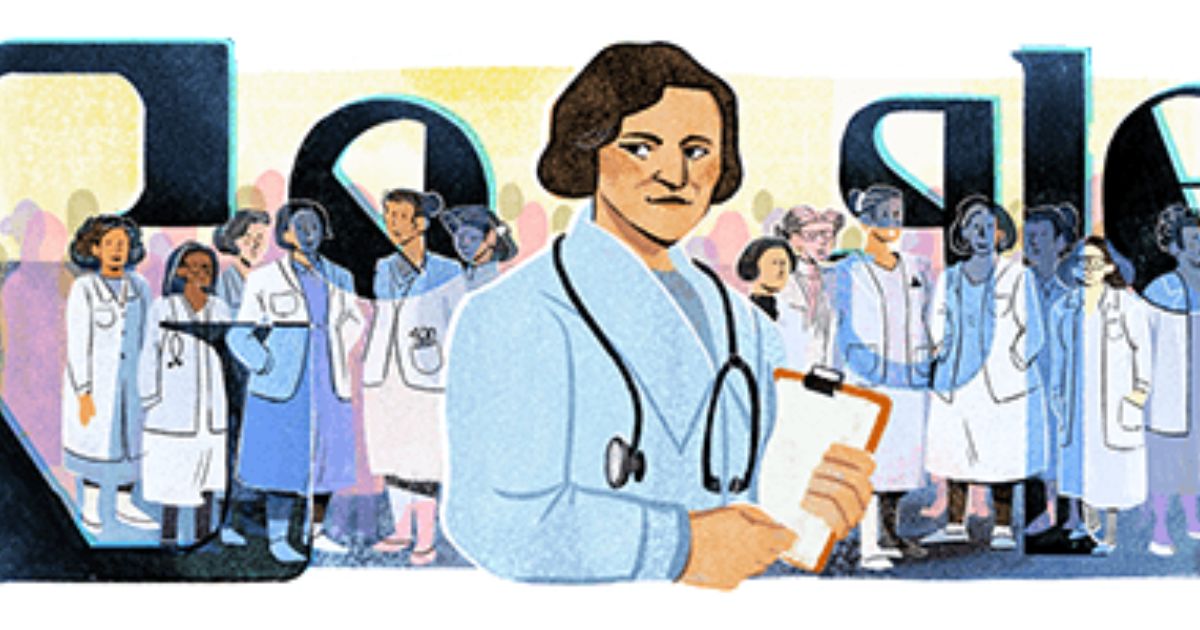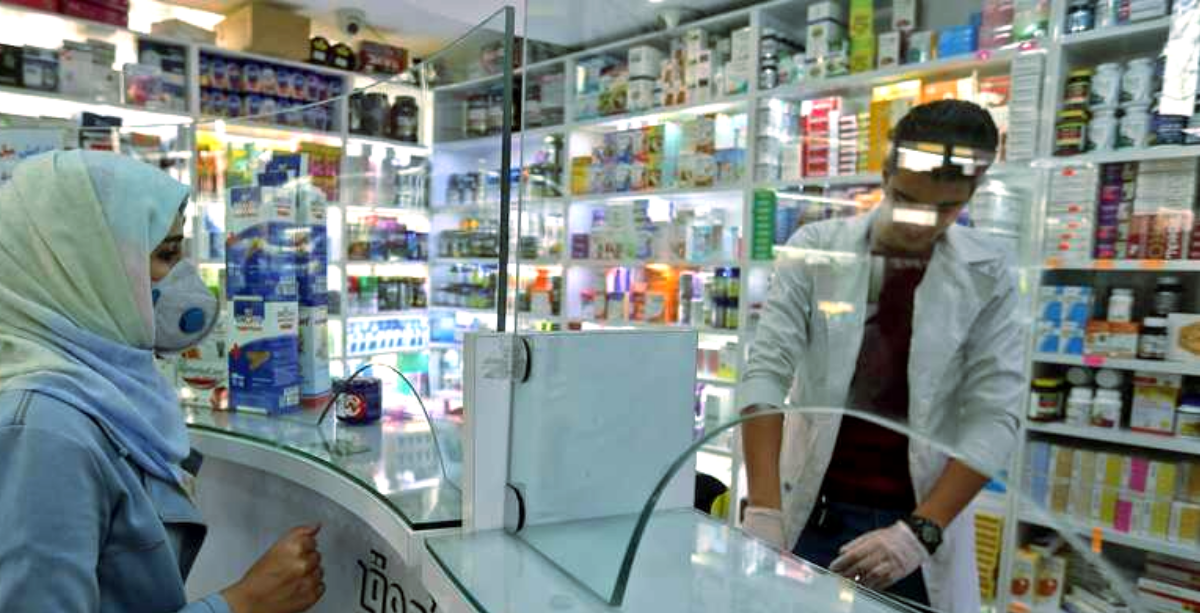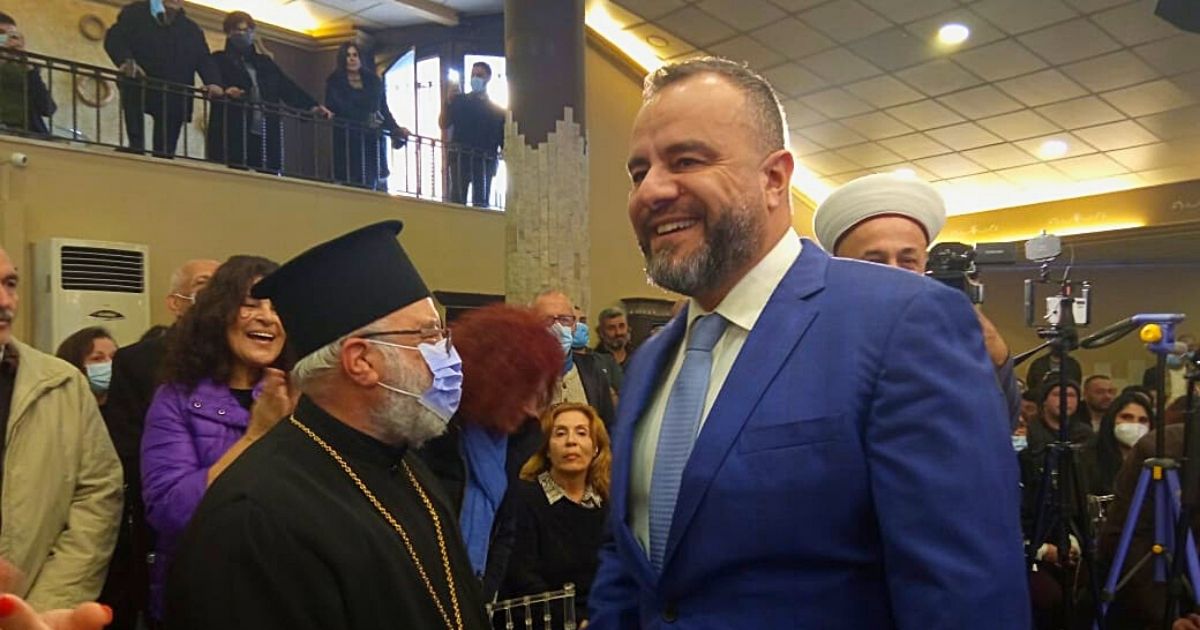The Lebanese Red Cross (LRC) is a humanitarian organization established on July 9, 1945, as an independent national society.
In 1946, it was recognized by the State as a public non-profit organization and as an auxiliary team to the medical service Lebanese Army.
In 1947, the Lebanese Red Cross joined the International Red Cross and Red Crescent Movement.
It has today affiliates in 175 countries and became a member of the International Federation of the Red Cross and Red Crescent Societies ever since.
The LRC is led by volunteers whose mission is to provide relief to victims of natural and human disasters, and help people prevent, prepare for, and respond to emergencies, and to mitigate the suffering of the most vulnerable.
There are almost 7000 volunteers, offering their services and dedicating their time and effort to serve the most vulnerable and the needy, without expecting any return.
Humanity, Impartiality, Neutrality, Independence, Voluntary Service, Unity, and Universality.
Lebanese Red Cross
The volunteers excel in their duties respecting the 7 Fundamental Principles, which are Humanity, Impartiality, Neutrality, Independence, Voluntary Service, Unity, and Universality.
On the occasion of 8 of May, the International Day of Red Cross and Red Crescent, the LRC launches its fundraising campaign under a certain slogan.
And, this year’s slogan was Your Support Reverts To You, showing everyone that every service the LRC offers is just for the people while volunteers lead the work with no return.
Of course, we all see the volunteers holding boxes and collecting money, each May, on the streets and under the sun.
We see them standing there with a smile on their faces, asking just for simple support. They don’t ask for a 1000$, just a small amount as 1$ can make a difference for them.
Trust me, a simple hello, Ya3tikun el 3afye, or even a smile can show them that you support them and their humanitarian mission.
Don’t just turn your face away or act as if you didn’t see them, for one day you might need their service. They won’t cut your call or ignore your needs, they will come to you and help you, without any hesitation.
The LRC offers various services that benefit all the people in different Lebanese territories, regardless of their gender, religion, or political views. Let’s go through the main services they offer freely:
#1 Emergency Medical Services
The LRC first started to provide its first aid services in 1964 with only 12 volunteers. As the conflicts increased in the period between 1975 and 1982, the number of volunteers increased from 150 to 1000 first-aiders distributed across 27 centers.
Today, there are almost 2700 volunteers spread over 46 first aid centers and four dispatch rooms across the country, in addition to 280 ambulances.
The volunteers provide first aid and emergency services on the Lebanese territories around the clock, all year long.
They are trained to give the necessary services in different and almost all accidents and situations, such as road accidents, snow and mountain incidents, water rescue, and during sports activities.
Besides, they provide transportation services, such as transport of patients from and to hospitals, transport of corpses (in special cases), and transport of blood units to hospitals in emergencies.
#2 Medical Services
The LRC established its services in the field of health development in 1945.
Since then, the LRC expanded its network of medical and social centers offering services for the sick and needy in the form of medical consultations, health awareness, prevention programs, vaccination campaigns, school health, and special services for the handicapped.
Today, they have 38 medical centers, 9 mobile clinics, 1 orthopedic workshop, and 5 physiotherapy centers.
#3 Youth
As there are volunteers in the LRC who save lives, there are volunteers that change minds positively. The LRC places great hope on youth and their impact on others.
There are almost 1700 Youth volunteers distributed over 35 centers and clubs throughout Lebanon, with a special mission to open people’s minds on important and alarming issues.
Youth volunteers participate in many extensive training courses to enhance their skills and abilities to prepare them for the tasks they are supposed to fulfill.
They take part in diverse programs that are organized on national and international levels, and they are Humanitarian Principles and Values, Youth and Health, and Environmental and Health Awareness.
#4 Education, Nursing, Training
Faculty of Nursing Sciences: The LRC School of Nursing was established on November 27, 1947, as the first nursing school in Lebanon.
With affordable tuition fees, the faculty is a dynamic and evolving one, offering an interactive education and specialized clinical training.
The LRC School of Nursing is located in Baabda. Its mission is to serve Lebanese national and global communities through education, development of knowledge for professional nurses, and by assuming leadership in nursing based on self-direction, critical thinking, and well-informed decision-making.
Nursing Institutes: The LRC nursing institute was founded on November 27, 1947, and it was the first nursing institute in Lebanon and was located at Spears Street in Beirut.
Today, there are 3 Nursing Institutes located in Saida, Tripoli, and Falougha. Graduates of the institutes will have the opportunity to continue their studies and get a Bachelor’s Degree from the Faculty of Nursing Sciences.
First Aid Training: Under the slogan Every Citizen is a First Aider, the LRC started teaching First Aid in 1952. Teaching first aid, safety, and rescue is one of the important services offered by the LRC to the local communities.
It is done through scheduled sessions on teaching steps, techniques, and skills related to first aid.
The sessions seek to raise awareness in communities and enable individuals to perform adequate acts of help to reduce danger when any accident or incident occurs, to help the injured, and try to rescue the victim.
The estimated number of beneficiaries is between 20,000 and 25,000 and you can schedule a private first aid session through this link.
#5 Blood Services
The Blood Transfusion Services started in 1964 with the opening of the first Blood Bank in Beirut, and today, there are 13 LRC Blood Transfusion Services in the six governorates of Lebanon.
The LRC BTS’s mission is to ensure self-sufficiency in terms of blood products throughout the Lebanese territory. Blood can be donated at the LRC BTS, as well as during the occasional blood drives of the LRC.
You can always be up-to-date with their locations on the LRC social media accounts.
#6 Disaster Management
In the light of the repercussions of the 2011 Syrian crisis, the exodus of nearly 1.5 million Syrian refugees to Lebanon, and the urgent need to support and help them overcome the tragedy, the Disaster Management Unit was activated.
A central administration, in addition to 14 working groups, was formed to offer support, relief, and help to the refugees.
The volunteers work on helping the local community to distribute food and non-food items to them, and implement various programs to improve their living conditions.
We salute the LRC and its volunteers for the amazing work they do for us across Lebanon.
We do advise you to always keep the LRC free hotline 140 saved on your phone, just in case you witness an accident or you or anyone around you would need their help.




